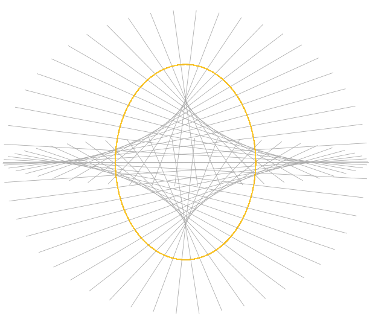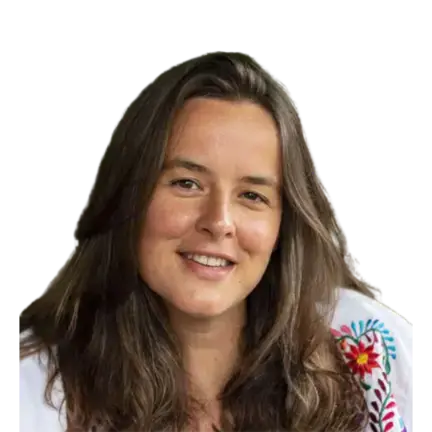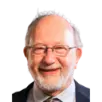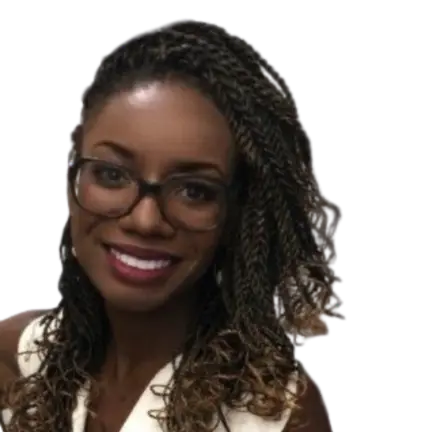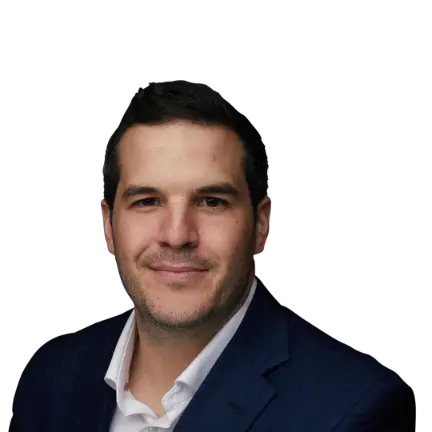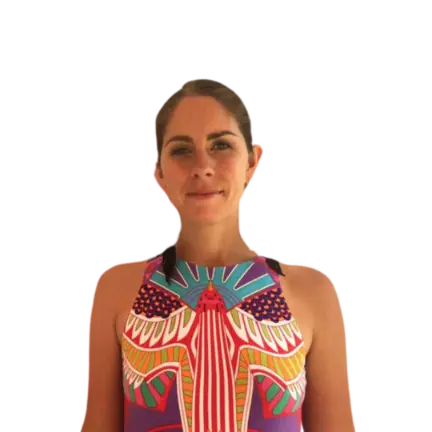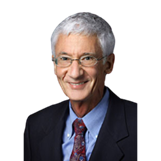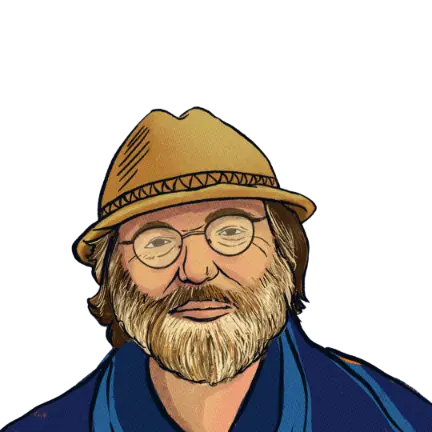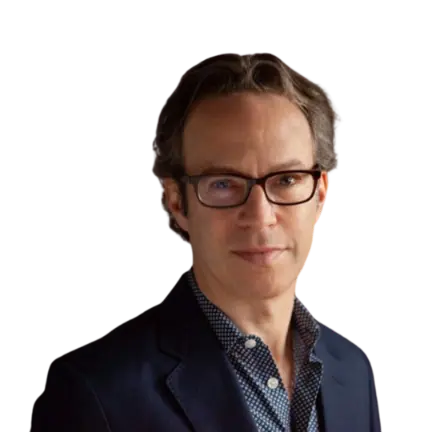Contributing Author
Ernest van Nispen
Psychedelics have long been seen as tools for transformation, unlocking doors to deeper consciousness, healing, and spiritual awakening. From the wisdom of spiritual leaders and healers to the empirical studies of scientists, these substances reveal a profound ability to help us re-examine our lives, our relationships, and the world around us. The quotes that follow explore a diverse range of perspectives on psychedelics—from their potential to foster connection and empathy to their capacity for revealing hidden truths. Each reflection offers unique insights into how psychedelics can catalyze personal growth and contribute to a broader shift in how we approach well-being, healing, and our understanding of reality. Whether seen through the lens of science, spirituality, or personal development, these reflections converge on one point: psychedelics offer not just fleeting experiences but profound lessons that, when integrated, have the power to transform lives.
With all reflection, there’s a point of personal interpretation and meaning-making. Just like in poetry where people see different images while looking at the same words, these quotes can produce different interpretations for everyone. Therefore it is encouraged to reflect on these quotes by yourself and see what key takeaways come up.
Feel free to share them!
#9 – Beatriz Caiuby Labate
“In many, many ways, all of us are indebted to Indigenous peoples and their traditions and their knowledge when we are interested in these medicines.” – Beatriz Caiuby Labate
Context:
Beatriz Caiuby Labate, an anthropologist and expert on psychedelics, acknowledges the crucial role that indigenous communities play in preserving knowledge about plant medicines.
Reflection:
Labate emphasizes the importance of recognizing the contributions of indigenous peoples who have long safeguarded sacred plant medicines despite historical persecution. The open sharing of their knowledge, even after facing oppression, is an act of profound generosity and love for humanity.
Key Takeaway:
We owe a deep debt of gratitude to indigenous communities for preserving and sharing their wisdom about psychedelics, often at great personal and cultural cost.
#10 – Dennis McKenna
“In the case of psychedelics, I can never figure out whether I am a scientist discovering the secrets of the universe, or if I’m just an idiot stumbling around in the dark.” – Dennis McKenna
Context:
Dennis McKenna, an ethnopharmacologist, reflects on the paradoxical nature of psychedelic experiences.
Reflection:
McKenna’s quote speaks to the duality of the psychedelic experience—on one hand, it can feel like profound insight into the nature of reality, while on the other, it can also feel like fumbling through the unknown. This highlights the mystery and uncertainty that comes with exploring altered states of consciousness.
Key Takeaway:
The psychedelic experience often oscillates between moments of deep insight and moments of confusion, reminding us of the mysteries that remain beyond our understanding.
#11 – Mellody Hayes
“We’re fundamentally social creatures, and our isolation and economic inequality are creating our distress. Part of why psychedelics are such a useful model is that they foster a desire to be in relationship. That is the fundamental medicine.” – Mellody Hayes
Context:
Mellody Hayes, a physician and spiritual leader, emphasizes the human need for connection. In today’s world, marked by isolation and economic inequality, people are experiencing distress and disconnection. Hayes suggests that psychedelics help foster reconnection, both with others and with oneself.
Reflection:
Psychedelics facilitate a profound sense of interconnection. In an era of widespread division and loneliness, the healing power of these substances lies in their ability to reconnect us to the world. Hayes argues that the true medicine is not just in the altered state but in the desire it awakens—to be in relationship with everything around us.
Key Takeaway:
The medicine of psychedelics lies in their ability to remind us that we are inherently social beings, interconnected with the world. Healing happens when we rekindle our relationships with others, our environment, and ourselves.
#12 – Jesse Gould
“The psychedelic process can bring profound changes and some answers. But the person still has to implement these changes and make some hard life decisions for it to fully take effect.’’ – Jesse Gould
Context:
Jesse Gould, founder of the Heroic Hearts Project, focuses on how psychedelics provide insights that must be integrated through conscious life choices. The psychedelic experience alone is not enough; it requires actionable change afterward.
Reflection:
Gould’s point speaks to the importance of *integration* after a psychedelic experience. Insights gained during a trip often reveal profound truths, but they only become transformative when we make changes in our daily lives. Without integration, the lessons learned may fade, leaving the person unchanged (for a deeper dive see: “Psychedelic Integration – what is it and how does it work?”).
Key Takeaway:
Psychedelic experiences are catalysts for change, but lasting transformation comes from integrating those lessons into everyday life through reflection, decision-making, change of attitude and new habits.
#13 – Sara Gael
“It can be tempting to use psychedelics to self-medicate, but without proper psychological and emotional support in your life, this can actually exacerbate your symptoms. Having a good support system in place is key.” – Sara Gael
Context:
Sara Gael, a harm-reduction expert, emphasizes the importance of having a support system when engaging with psychedelics. While they can offer profound healing, without proper emotional and psychological support, they can also magnify underlying issues.
Reflection:
Gael’s insight reflects the practices of indigenous cultures, where psychedelics are used within a community framework. These experiences are not meant to be solitary; the presence of a support system is crucial for helping individuals process challenging emotions or revelations that may arise.
Key Takeaway:
The value of psychedelics is amplified when experienced in a supportive environment. A strong support system is essential to navigating the emotional terrain that psychedelics reveal, making community and connection vital parts of the healing process.
#14 – Rick Strassman
“Psychedelics show you what’s in and on your mind, those subconscious thoughts and feelings that are hidden, covered up, forgotten, out of sight, maybe even completely unexpected, but nevertheless imminently present.’’ – Rick Strassman
Context:
Rick Strassman, a researcher in psychedelic science, focuses on how psychedelics bring subconscious thoughts and emotions to the surface. These hidden aspects of the mind often go unnoticed due to daily distractions or the discomfort they may cause.
Reflection:
Psychedelics strip away the distractions that allow us to avoid our deeper feelings, forcing us to confront what lies beneath the surface. This can be both uncomfortable and healing. Strassman’s observation underscores the importance of facing these suppressed emotions for long-term well-being.
Key Takeaway: Psychedelics reveal suppressed or forgotten parts of the self, offering an opportunity to address unresolved emotions and mental patterns. Confronting these aspects can be the key to deep he
#15 – Paul Stamets
“Fungi are the interface organisms between life and death.”– Paul Stamets
Context: Paul Stamets, a renowned mycologist, explains the role of fungi in nature’s life-death cycle. Fungi break down decaying matter, turning it into nutrients that nourish new life, making them the ultimate recyclers in the natural world.
Reflection:
Fungi’s role as the “interface” between life and death mirrors the transformative nature of psychedelics. Psychedelic experiences often involve confronting death or decay—whether physical, emotional, or psychological—only to emerge renewed, with fresh perspectives and new life.
Key Takeaway:
Fungi, like psychedelics, teach us about transformation. They embody the natural cycle of death and rebirth, reminding us that from decay comes growth, and from endings, new beginnings.
#16 – Bennet Zelner
“In terms of shifting to a new paradigm in the healthcare system, I think the key shift needs to be one from a system that is focused on managing disease or managing disease symptoms… toward a system focused on producing well-being. And I think psychedelics have a big role to play in that type of system.” – Bennet Zelner
Context:
Bennet Zelner, a scholar and advocate for psychedelics in healthcare, calls for a paradigm shift in the healthcare system. He argues that the current system focuses too much on managing disease symptoms rather than fostering overall well-being.
Reflection:
Zelner’s view reflects the growing movement toward salutogenesis, studying the causes of health. Psychedelics can be a part of this shift, helping individuals develop mental, emotional, and spiritual resilience, rather than merely treating illness after it arises. Watch our Evolute Expert Talk with Bennet Zelner here: “Catalyzing systemic change through altered states & attuned leadership?”
Key Takeaway:
The future of healthcare should focus on fostering well-being rather than simply treating disease. Psychedelics can play a key role in this shift by promoting holistic health and resilience.
Conclusion:
As we journey through the insights of these visionaries, healers, and scientists, a common thread becomes clear: psychedelics offer us a glimpse into the deeper layers of the human experience, but it is our responsibility to carry these insights forward into the real world. Whether by nurturing our relationships, addressing emotional wounds, or shifting the focus of healthcare from treating symptoms to fostering well-being, the potential for psychedelics to create lasting positive change is immense. But their true power lies in the integration of these experiences—how we use the lessons learned to shape our lives and our communities. These reflections remind us that psychedelics are not an escape, but a bridge—a bridge to deeper understanding, connection, and transformation. In this, they serve as both a mirror to our inner selves and a path toward collective healing.
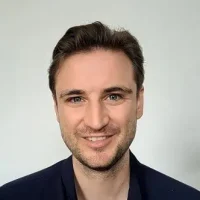
Patrick Liebl,
Lead Facilitator & Integration Expert
Curious to learn more?
We invite you to schedule a call with us. Together, we can explore any questions you may have. We can explore whether a program with a legal psychedelic experience is right for you at this time.
“We are here to support your exploration, at your pace, with no expectations.” – Patrick Liebl
